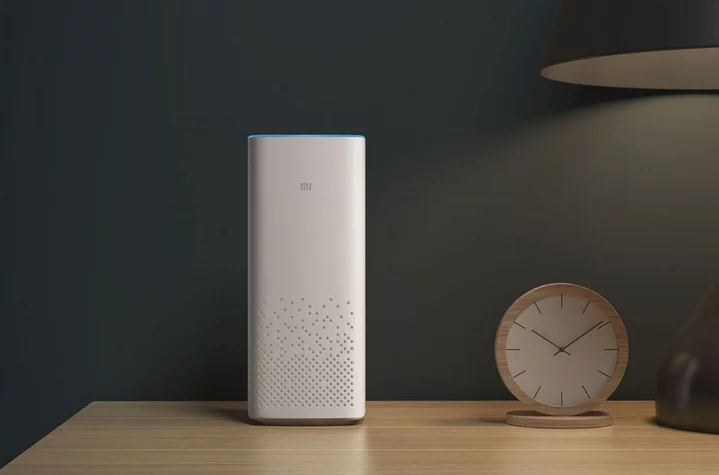Technology giant Microsoft and Chinese smartphone maker Xiaomi signed a Memorandum of Understanding (MoU) to collaborate on AI, cloud computing and hardware. Wang Xiang, Xiaomi Senior Vice President, tweeted about the extension of the companies' partnership on February 23. As part of the strategic partnership, Xiaomi will harness Microsoft’s cloud computing solutions, including Azure to develop upgraded phones, laptops and smart devices to bring them to an international market. The American giant will also help Xiaomi with joint marketing and channel support to sell Xiaomi Windows laptops.

"We have signed a Strategic MoU today with Microsoft to collaborate in cloud support, AI and laptop-type devices. This will help accelerate our pace to bring more exciting products and services to our users, and also allow Microsoft to reach more users using Xiaomi products!" Xiang tweeted.
This partnership will also give Microsoft more reach and access to the Chinese market and Xiaomi users across the world. Both the companies stand to gain from this partnership after combining their hardware and software strengths.
Mi AI Speaker
Xiaomi and Microsoft are also planning to incorporate Cortana in Xiaomi AI-powered speakers. One of Xiaomi newer products, the Mi AI Speaker which is a budget speaker with modern looks could come with Cortana onboard.
So far, Microsoft only developed one Cortana smart speaker “Harman Kardon Invoke” which had a hard time competing with other popular speakers from Amazon and Google.
However, this is just a start for their joint AI collaborations. Both the vendors also “intend to explore multiple cooperative projects” in other AI areas including computer vision, speech, natural language processing, text input, knowledge graph and search via services like Bing, Edge, Cortana, Xiaoice, SwiftKey, Translator, Pix, Cognitive Services and Skype.
This isn’t the first agreement between Microsoft and Xiaomi. In 2016, Xiaomi committed pre-installing Microsoft Office and Skype apps into its Android phones and tablets. The company also acquired about 1500 patents from Microsoft. These included wireless communications patents, plus other patents for technologies including video.















